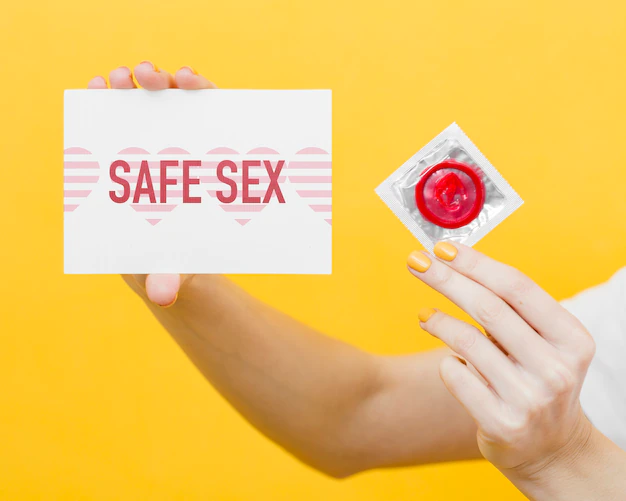Contraceptives and Sex Drive

There are many different types of contraceptives available, including hormonal and non-hormonal options. Some people may be concerned that certain types of contraceptives could have a negative impact on their sex drive. Here are some things to keep in mind:
- Hormonal contraceptives: These include birth control pills, patches, injections, and vaginal rings. Some people may experience a decrease in libido while using hormonal contraceptives, although this is not the case for everyone. Hormonal contraceptives work by suppressing ovulation and altering hormone levels, which can affect sex drive. However, some people may find that their sex drive increases while using hormonal contraceptives because they no longer have to worry about the risk of unintended pregnancy.
- Non-hormonal contraceptives: These include condoms, diaphragms, cervical caps, and copper IUDs. Non-hormonal contraceptives do not typically have a direct effect on sex drive. However, some people may experience discomfort or irritation during sex while using certain types of non-hormonal contraceptives, which could potentially impact their desire for sex.
- Individual factors: It’s important to remember that sex drive is a complex issue that can be influenced by many different factors, including stress, relationship issues, and health problems. It’s possible that a decrease in sex drive while using contraceptives could be related to other factors rather than the contraceptives themselves.
If you’re concerned about how contraceptives might impact your sex drive, it’s important to talk to your healthcare provider. They can help you choose a contraceptive method that’s right for you and provide guidance on managing any side effects. It’s also important to remember that there are many different types of contraceptives available, and if you’re not happy with one method, there may be another option that works better for you.
